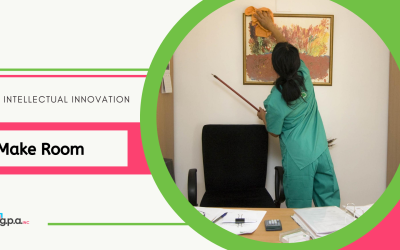Procrastination can be a challenging habit to overcome, but with the right strategies and mindset, you can effectively stop procrastinating and become more productive.
Here are some tips to help you break the cycle of procrastination:
- Set Clear Goals:Clearly define your goals and tasks. When you have a clear sense of what you need to accomplish, it becomes easier to stay motivated and focused.
- Break Tasks into Smaller Steps:Divide larger tasks into smaller, more manageable steps. This makes the work feel less overwhelming and more achievable.
- Prioritize Tasks:Identify the most critical and urgent tasks on your to-do list and tackle them first. Prioritizing helps you focus on what matters most.
- Create a To-Do List:Make a daily or weekly list with specific tasks and deadlines. Crossing items off the list can provide a sense of accomplishment.
- Set Deadlines:Establish self-imposed deadlines for tasks, even if they are not externally imposed. Treat these deadlines with the same level of importance as external ones.
- Use Time Management Techniques:Techniques like the Pomodoro Technique (working in focused intervals with short breaks) can help maintain concentration and motivation.
- Minimize Distractions:Identify common environmental distractions and take steps to minimize them. Turn off notifications on your phone or computer and create a dedicated workspace.
- Accountability:Share your goals and deadlines with someone who can hold you accountable. This could be a friend, family member, or colleague.
- Visualize Success:Spend a few minutes visualizing the successful completion of your tasks. This can boost motivation and make the job seem more achievable.
- Overcome Perfectionism:Accept that perfection is not always attainable, and focus on doing your best rather than striving for perfection. Fear of not doing something ideally can lead to procrastination.
- Start with the Most Unpleasant Task:Tackle the task you dread first. Once done, you’ll feel a sense of relief and accomplishment that can motivate you to work on other tasks.
- Find Your Peak Productivity Times:Identify the times of day when you are most alert and focused. Schedule your most important tasks during these peak productivity hours.
- Use Positive Reinforcement:Reward yourself for completing tasks. This can be a small treat, a break, or any activity you enjoy. Rewards help create a positive association with productivity.
- Limit Multitasking:Focus on one task at a time.
- Reflect on Consequences:Consider the consequences of procrastination, such as missed opportunities or increased stress. Understanding the negative impact can motivate you to take action.
- Seek Support:If you’re struggling with chronic procrastination, consider seeking support from a therapist or coach who specializes in time management and procrastination.
- Practice Self-Compassion:Be kind to yourself and avoid self-criticism. Everyone procrastinates sometimes, and forgiving yourself and moving forward is essential.
Remember that overcoming procrastination is a gradual process, and setbacks are normal.
Be patient with yourself, and persistently apply these strategies to develop better habits and increase your productivity.









